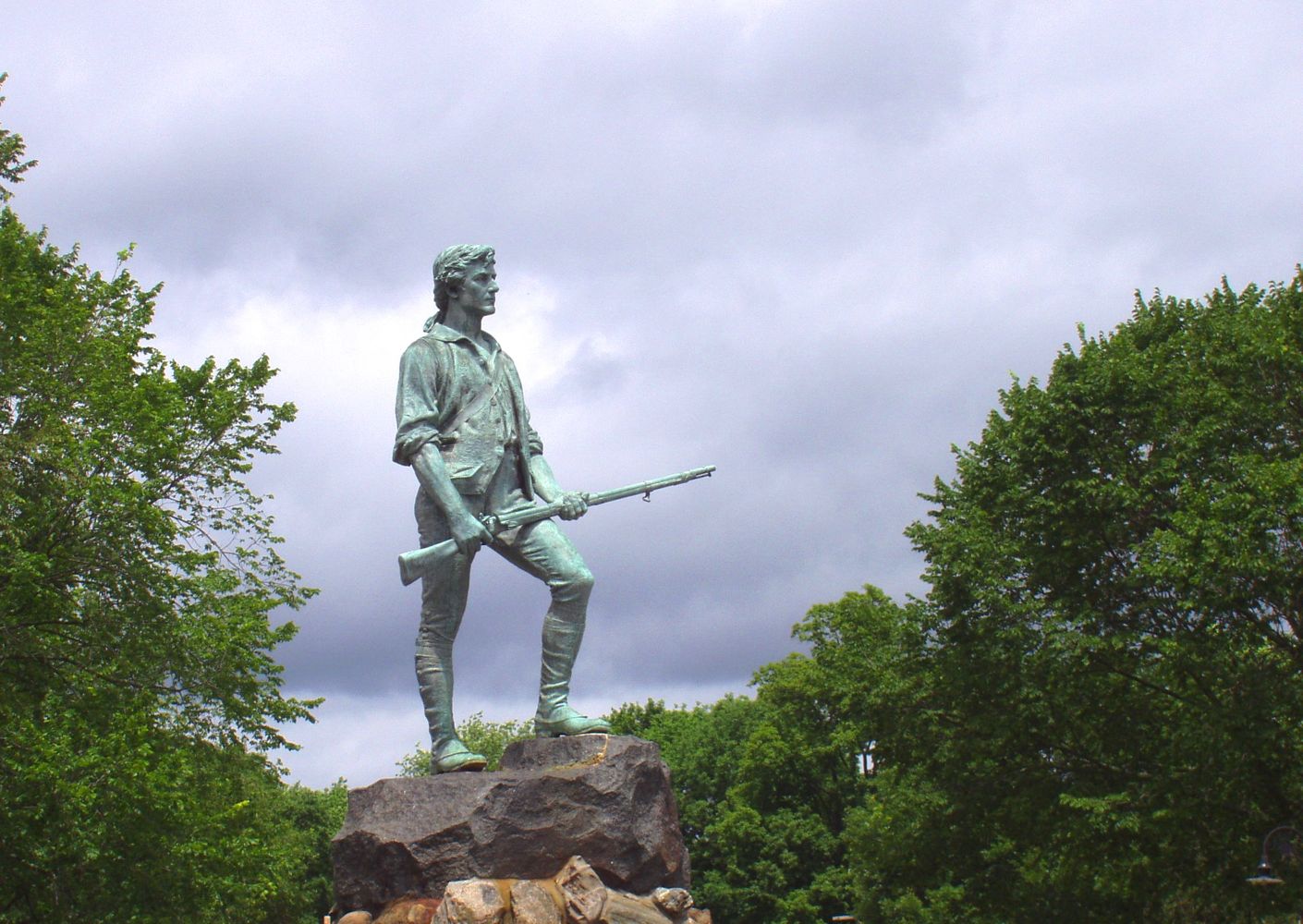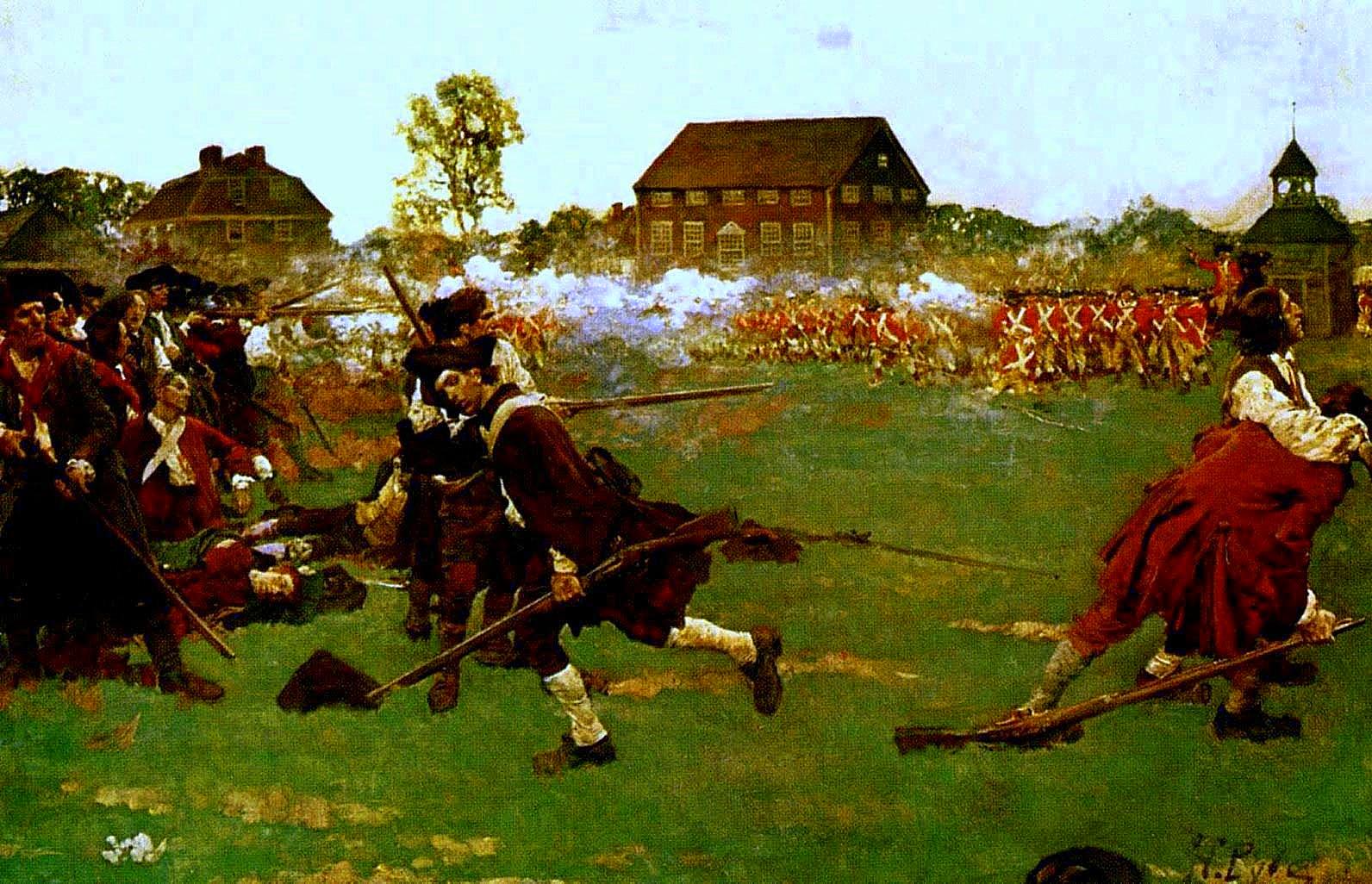As someone who supports stronger gun control laws, I’m appalled by the sloppy and ill-informed arguments of most people who agree with me on this, especially as it relates to the Second Amendment to the Constitution. I know that courts have weighed in with different opinions on this subject over the years, but the history behind the amendment and its plain language make it clear beyond question that it confers on (or rather preserves) the right of individual American citizens to keep and bear arms.
It reads as follows — “A well regulated militia being necessary to the security of a free state, the right of the people to keep and bear arms shall not be infringed.”
First of all, in Colonial America and during the time the Constitution was being written and debated, the “militia” referred to all able-bodied men in the country not serving in the armed forces. It was not a standing organization of any kind but the pool of citizens from whom a military force could be drafted to meet various emergencies.
George Mason, one of the the driving forces behind the Bill Of Rights, stated that the “militia” constituted “the whole people”. Seeking to assuage the fears of some about the potential power of a standing army, James Madison said that such an army, if it got out of bounds, “would be opposed [by] a militia amounting to near half a million of citizens with arms in their hands” — in other words the entire free male population of the new republic.
Second of all, each of the other nine amendments constituting the Bill Of Rights guarantees a right to individual citizens, not to states, and in the rest of the Constitution, “the people” refers only to individual citizens, not to states. You have to read the Second Amendment as peculiarly anomalous to see it as guaranteeing a right to the states, the right to form state militias, and not to individual citizens.
If people want to infringe the right of individual citizens to keep and bear arms, they must support a new amendment to the Constitution explicitly revoking the Second Amendment. That might or might not be a good idea, but its goal can’t be accomplished simply by misreading the Constitution.




Lloyd, wouldn’t you agree that the intent of the amendment is clearly to assure that the citizenry can form that “well regulated” militia? That reason no longer applies, and today’s gun rights advocates have something else in mind besides the country’s defense from foreign powers. Most don’t take too kindly to being regulated in any way either. They may (I’m not qualified to judge) have the letter of the law, but they sure lack the spirit. They also interpret the right to bear arms as meaning the right to bear any arm, for a BB gun to a Bazooka. Makes no sense to me.
Well, the militia didn’t exist for any specific purpose — it was just the pool of armed men who could be called upon to meet any emergency that might arise. Even James Madison could imagine that this might involve citizens defending themselves against a central government that had gotten out of control. The point was that the people would decide when to call upon the militia and for what purpose. Who knows what emergency might arise in the future? I’m not at all sure that the populace of America in its next 200 years might not have to defend itself against a central government that’s gotten out of control.
I would certainly agree that guns could be regulated more sensibly than they are now without infringing the right to keep and bear arms.
The great irony of the debate surrounding the 2nd Amendment is that the “Progressives” have suddenly reverted to an “original intent” argument to interpret, and restrict, the 2nd Amendment, but use a “living document” argument in support of an expanded “right to privacy” in order to get constitutional protections for abortion rights, for example. Your approach to gun control is much more honest. My own feeling is that many people in this country enjoy violence and where there is a market, there will be a supply.
The debates on all hot-button issues these days are very sloppy.
It seems to me that the original argument is pretty straightforward – since a free state needs a force to defend itself, the people need guns. Not to be sarcastic, but what would the living document interpretation of the 2nd Amendment be, “A well regulated militia no longer being necessary to the security of our free state because we have the armed forces, the right of the people to keep and bear arms shall not be infringed anyhow”? I don’t really get it.
As for original intent, Madison may have envisioned an armed populace rising up against the army of his day, but a successful uprising is hardly possible anymore. So there, it seems to me, goes that defense of gun rights.
Last week in the NY Times, Joe Nocera, discussing Michael Waldman’s new book, “The Second Amendment: A Biography,” writes that the founders favored militias as the alternative to a standing army. Waldman writes of a Second Amendment debate in the House in 1789 in which “Twelve congressmen joined the debate. None mentioned a private right to bear arms for self-defense, hunting or for any purpose other than joining the militia.”
Anyhow, I don’t oppose gun ownership, I just want stronger regulation. Michael, you’re so right about the irony and hypocrisy.
I still think you’re misunderstanding what the word “militia” meant to the people pf the time. It wasn’t a standing military organization or collection of military organizations — it was just the pool of citizens from which military organizations could be formed as needed. The right to keep and bear arms was given to individuals in order to make the forming of ad hoc military bodies possible. You may think that an armed populace serves no purpose today as a guarantee of a free state, and never could again, and you may be right, but nobody knows what the future might bring. The Founding Fathers in many different ways acknowledged that uncertainty, and left it to the people to decide if and when they might need to take up arms to meet some emergency or other.
Lloyd, I get that the militia was intended to guard against both internal and external threats to freedom. Although I don’t oppose gun rights, I don’t see how they serve either of those purposes today, and I have a hard time envisioning a future in which they would. However, I sure appreciate your provocative post.
I appreciate your comments, too.